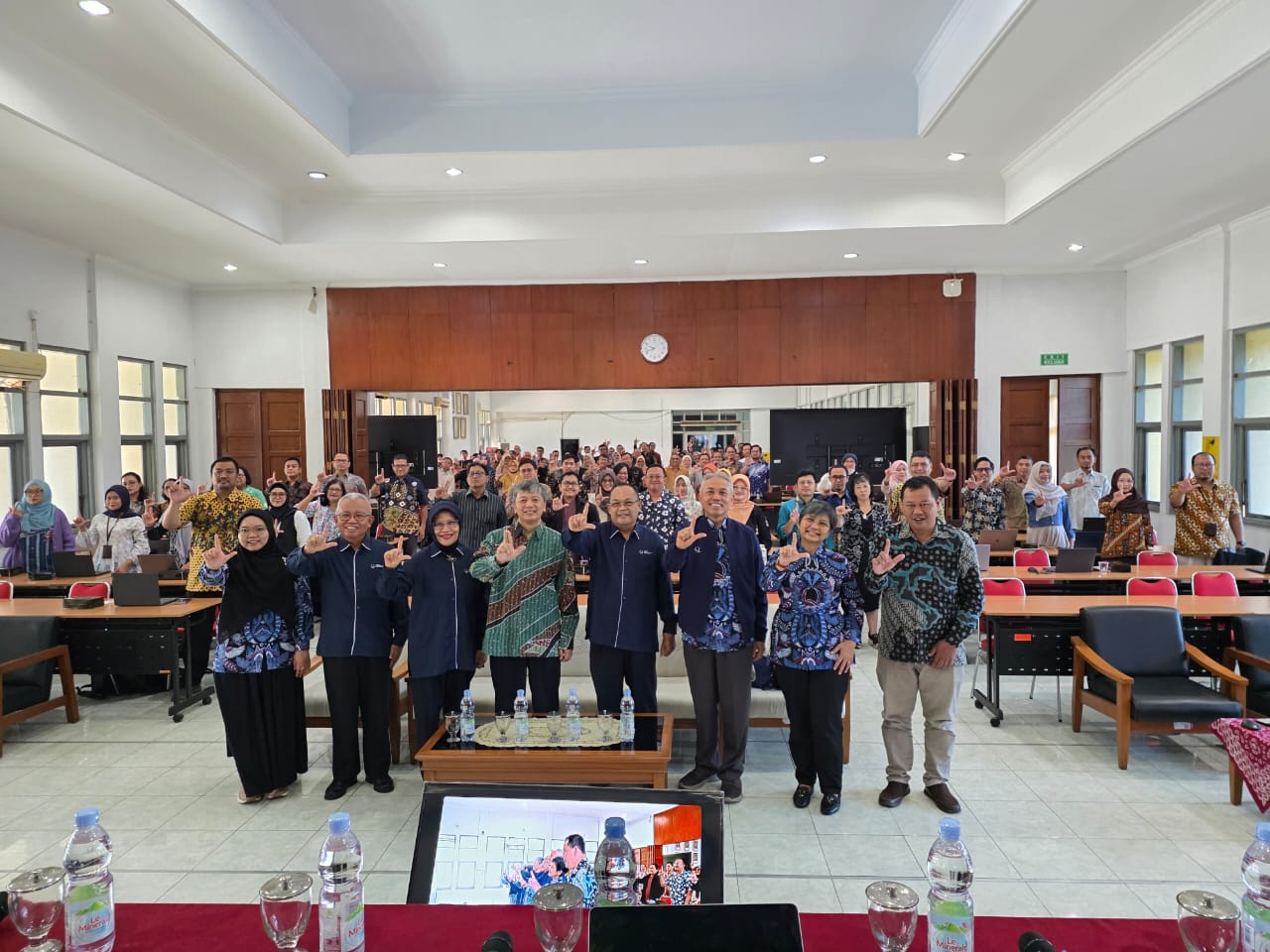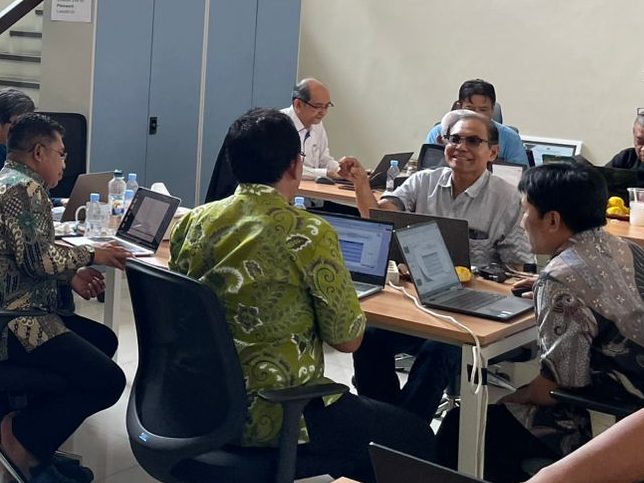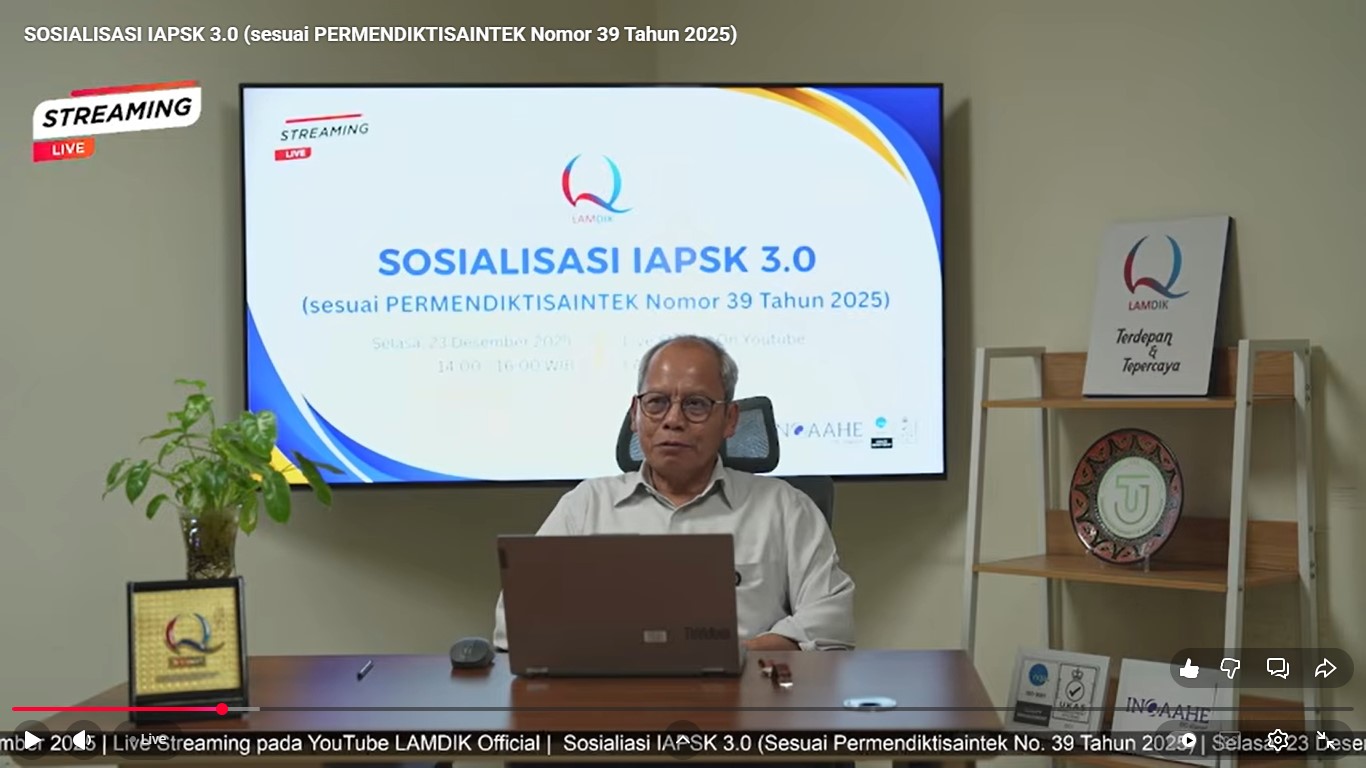
THE NEED FOR EDUCATION CONDUCTORS
On the morning of October 1st, I attended the 12th INOVASI Meeting online. INOVASI is a collaborative program between the Australian and Indonesian governments to improve the quality of basic education. As usual, the event began with a welcome speech by a representative from the Australian Embassy in Jakarta, this time by Daniel Wood, Counselor for Human Development, followed by speeches from Mr. Subandi, Deputy for Human Development, Society, and Culture at Bappenas, and Mr. M. Zain, representing the Director General of Islamic Education at the Ministry of Religious Affairs. After that, the keynote speakers were Mr. Mark Heyward, Director of the INOVASI Program, and Mr. Anindito Aditomo, Head of the Curriculum and Education Assessment Standards Agency at the Ministry of Education and Culture.
The initial part was quite usual and often heard, discussing the learning losses due to the pandemic, which have widened the learning gap between children living in cities with good internet connections and those in rural areas with poor or no internet access, between children from affluent families with good IT facilities at home and those from less fortunate families with inadequate or no IT facilities, and between children from educated families who can assist with learning at home and those from less educated families who cannot.
However, what is quite alarming is that these learning losses are exponential. The higher the grade in elementary school, the more serious the learning losses. Due to the pandemic, first-grade students seem to be 10 months behind in learning, second-grade students 18 months behind, and third-grade students 27 months behind. So, third-grade students now have the equivalent ability of first-grade students who have studied for six months. This data shows how frightening learning losses are, which I honestly did not imagine before. Especially since it happens in less fortunate, less educated families living in rural areas. Therefore, I believe the impact of the pandemic on education is very serious.

What is more interesting is the presentation by Mr. Supriyono, Chairman of the Inclusive Madrasah Forum, Ms. Yuliana, an elementary school teacher in Central Sumba, Mr. Suparmin, Head of GTK in Bulungan Regency, which was then reinforced by the Regent of Bulungan, Mr. Syarwani, and the Regent of Central Lombok, Mr. Paulus Limu. The presentations by Mr. Pri, Ms. Yuliana, and Mr. Parmin showed that they and their teams made excellent innovations when facing the pandemic. Moreover, all three, borrowing the term from Mr. Totok Suprayitno, the moderator, seemed to “prepare an umbrella before it rains.” This means that the innovations were made before the COVID-19 pandemic. Literacy and numeracy, especially in early elementary school grades, have indeed been an intensive program of INOVASI in the schools they mentor. However, what is astonishing is that the program was implemented by Mr. Pri, Ms. Yuliana, and Mr. Parmin with various innovations adapted to local conditions. Impressively, they used the PDIA (problem-driven iterative adaptation) concept. And it turns out that these innovations were fully supported by the Regents as the highest leaders in the regency.

The three of them honestly said they did not yet know the impact of what they did on student learning outcomes. What is known is how enthusiastic the teachers are and how eager the students are to learn. The children feel happy because they learn according to their abilities and relate to their daily lives. Mr. Parmin even mentioned that many schools have adopted this pattern.
Hearing these stories, I felt like I was seeing small candles in the dark night. Indeed, these candles can only illuminate a small area around them. However, these small candles light up on their own. And I believe there are actually many candles (educational innovations) in various corners of our beloved country. I have also heard of friends doing similar things in the Semarang area of Central Java, Probolinggo area of East Java, Riau, and so on. Like music in this country, many musicians play certain instruments according to their expertise. A conductor is needed to harmonize them into a beautiful orchestra. Perhaps that is one of the government’s tasks. Borrowing the term from David Osborn in his book “Reinventing Government,” the government should guide rather than handle everything itself (guiding not rowing). The government should empower innovators like Mr. Pri, Ms. Yuliana, and Mr. Parmin to continue working and spreading their innovations to their peers. The existing budget will be more effective and efficient because the candles have lit up on their own energy, just need to be strengthened to become bigger. If more and more candles like that appear, I believe “education in this country will be bright.” Hopefully.
— Muchlas Samani (masamani@LAMDIK.or.id) —




